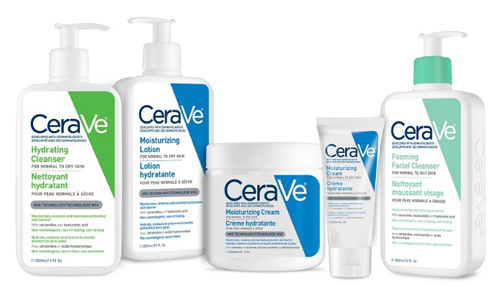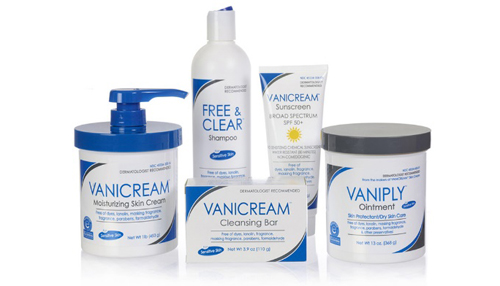Eczema/Atopic Dermatitis
Conveniently located to serve Nashua, NH
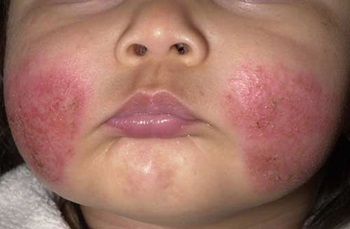
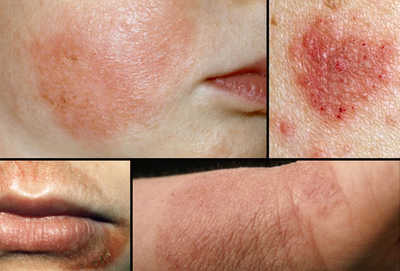
What is atopic dermatitis and who gets it?
Atopic dermatitis (AD) is a chronic, itchy, inflammatory skin disease of unknown origin that usually starts in early infancy, but also affects a substantial number of adult.
Atopic dermatitis is a relatively common condition that can be a mild nuisance or a severe debilitating condition. Roughly 17.8 million Americans have atopic dermatitis. AD can exist with two other allergic conditions: asthma and hay fever (allergic rhinitis). People who have asthma and/or hay fever or who have family members who do, are more likely to develop AD.
What does atopic dermatitis look like and what are the symptoms?
This condition can be very itchy! Affected skin can become damaged from repeated scratching or rubbing. AD normally appears on the cheeks, arms and legs, but can be anywhere on the body.
Symptoms of AD include:
- Dry, scaly skin that can become thickened and appear wrinkled (lichenification)
- Redness
- Itching
- Cracks in the skin (fissures)
- Open, crusted or oozing sores
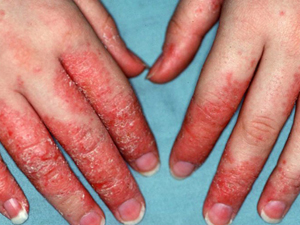
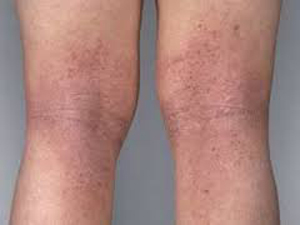
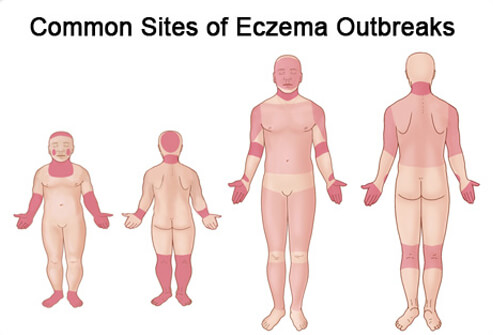
I have enormous respect for him and his ability to make me look and feel my best
…Dr. Waldman is undoubtedly the best male physician I have ever had the pleasure of meeting. He is truly a unique individual. He should write a book on bedside manner. I have enormous respect for him and his ability to make me look and feel my best.KG
How is atopic dermatitis treated?
 Topical steroids (anti-inflammatories) are currently the mainstay of treatment. In association with moisturization, responses have been excellent. Ointment bases (Vaseline) are preferred, particularly in dry environments.
Topical steroids (anti-inflammatories) are currently the mainstay of treatment. In association with moisturization, responses have been excellent. Ointment bases (Vaseline) are preferred, particularly in dry environments.
Patients can benefit from lukewarm bath soaks, not hot, followed by the application of a moisturizer such as white petrolatum or heavy cream immediately after bathing, preferably while the skin is still damp. Coconut oil is an option to soothe itchy skin as it has been shown in studies to decrease bacteria on the skin to reduce infection risk. Coconut allergies do exist so do watch for any negative reactions by testing a small area of skin first!
If itching if not calmed by topical steroids or ointments, cold compresses on the area may decrease the irritation and itch. Just a few minutes of cold, not freezing, compresses can soothe the skin, do not leave on too long!
 What makes atopic dermatitis flare?
What makes atopic dermatitis flare?
- Synthetic materials can sometimes aggravate AD. Cotton is best or material that is not tight or rough on the skin such as wool.
- Scratching only makes AD itch more! Keep nails cut short to avoid tears to the skin. Cool compresses can help with itching.
- Some patients are able to identify triggers that seem to make their atopic dermatitis flare to include but not limited to:
- Sweat
- Stress
- Alcohol
- Changes in temperature or humidity
- Makeup, scented lotions and detergents
